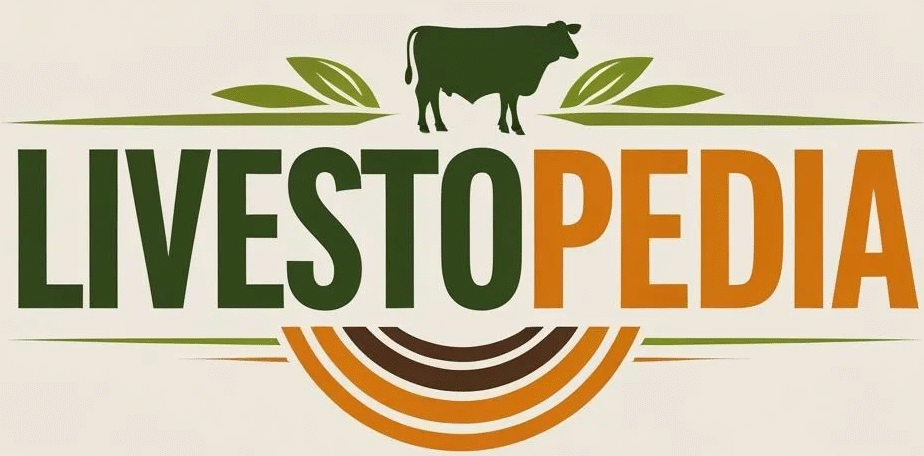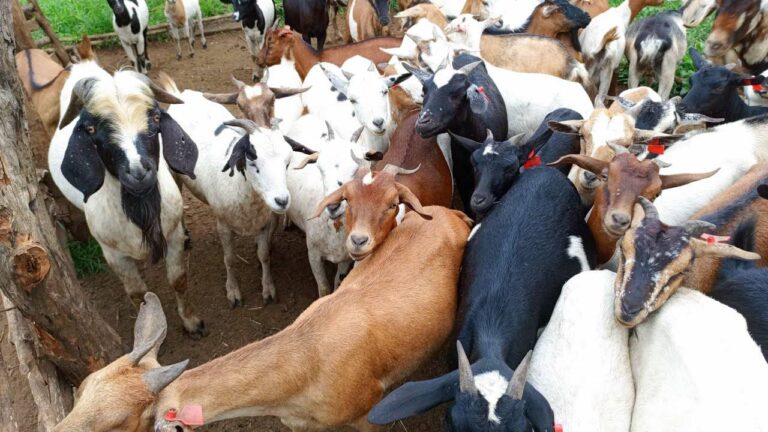Turkey farming is an increasingly popular branch of poultry production that offers farmers the opportunity to supply both meat and eggs to growing markets.
Raising turkeys can be rewarding, but it requires a solid understanding of the birds’ biology, behavior, and management needs.
This guide walks beginners through the fundamentals of turkey farming, from breed selection to feeding, housing, health, and marketing.
Choosing the Right Turkey Breed
Selecting the right breed is the foundation of a successful turkey farm.
Broad Breasted White and Broad Breasted Bronze are the most common commercial breeds, favored for their rapid growth and high meat yield.
Heritage breeds like Bourbon Red, Narragansett, and Royal Palm grow more slowly but produce meat with richer flavor and are well-suited to free-range systems.
Your choice should reflect production goals, available space, climate, and market demand.
Commercial breeds thrive in controlled environments, while heritage turkeys adapt better to natural foraging and varied weather conditions.
Housing Requirements
Turkeys require housing that is spacious, well-ventilated, and secure from predators.
A deep litter system, where the floor is layered with straw or wood shavings, offers warmth and insulation while reducing cleaning frequency.
Free-range systems provide access to pasture, allowing turkeys to forage naturally, but still require secure night shelters.
Stocking density is critical. Overcrowding leads to stress, disease spread, and poor growth, while excessive space in young birds can cause chilling.
Providing at least four to five square feet per bird indoors and more in outdoor runs ensures comfort and healthy development.
Feeding and Nutrition
Turkeys have higher protein requirements than chickens, especially during their early weeks.
Poults (0–8 weeks) need starter feed containing 26–28% protein to support rapid growth. As they mature, protein levels can be gradually reduced in grower and finisher diets while maintaining sufficient energy, vitamins, and minerals.
Commercial feeds are the simplest choice for beginners, but small-scale farmers can formulate homemade rations using local grains, supplemented with protein sources like soybean meal or fish meal.
Clean, cool water should be available at all times, as turkeys will reduce feed intake if hydration is inadequate.
Brooding Turkey Poults
The first weeks of life are critical for poults.
A warm, draft-free brooding area with a temperature of about 95°F (35°C) during the first week is essential, gradually reducing by 5°F each week until birds are fully feathered.
Proper brooder design, dry bedding, and easy access to feed and water help prevent early mortality.
Careful observation during this stage ensures weak or sick poults receive prompt attention.
Health and Disease Prevention
Turkeys are prone to respiratory illnesses, parasitic infections, and nutritional deficiencies if not properly managed.
A biosecurity plan reduces disease ris. This includes limiting visitor access, disinfecting equipment, and sourcing poults from reputable hatcheries.
Vaccinations, regular health checks, and parasite control programs further protect flock health.
Early detection of symptoms such as lethargy, ruffled feathers, or reduced feed intake is key to preventing outbreaks.
Behavior and Flock Management
Understanding turkey behavior improves handling and reduces stress-related problems.
Turkeys are social birds that establish a pecking order; overcrowding, sudden noises, and poor lighting can trigger aggression.
Providing adequate space, consistent routines, and environmental enrichment like perches and foraging opportunities helps keep the flock calm and productive.
Marketing
Successful turkey farming goes beyond production; marketing determines profitability. Farmers can sell directly to consumers, supply restaurants, or target niche markets such as heritage breed meat or organic, free-range turkeys.
Building a brand around quality, animal welfare, and flavor can command premium prices.
Seasonal demand peaks during holidays, but year-round sales are possible with strategic marketing and diversified products, such as value-added smoked or processed turkey.
Wrapping Up
Turkey farming can be a profitable and sustainable venture when built on sound management practices.
Beginners should focus on breed selection, proper housing, balanced nutrition, and proactive health care to create a strong foundation for success.
With attention to detail and an understanding of both the birds and the market, farmers can produce healthy, high-quality turkeys that meet consumer expectations and sustain a thriving poultry business.

